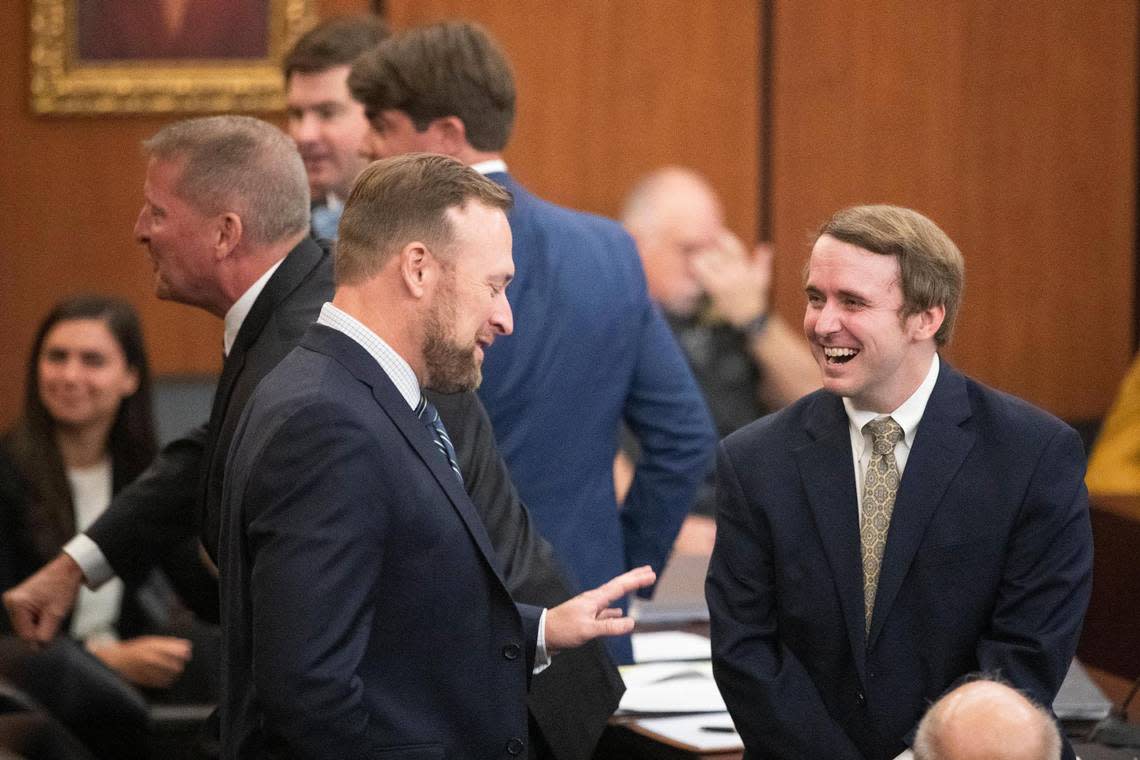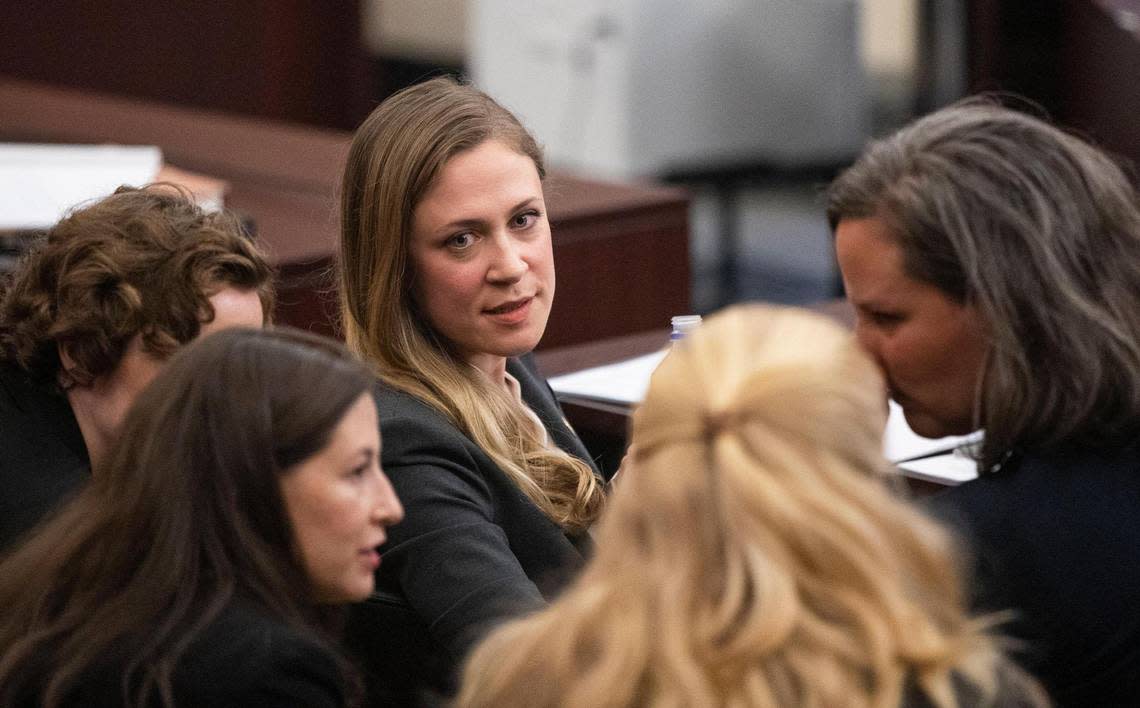Judge won’t block state’s 6-week abortion ban, sends decision to SC Supreme Court
South Carolina’s six-week abortion law will stay in effect for now after a judge on Tuesday denied a request to temporarily block the ban, punting the ultimate decision to the state’s highest court.
After a “great deal of thought,” Judge Casey Manning said that the South Carolina Supreme Court should be the court to decide whether to hear and rule on a new lawsuit brought by Planned Parenthood South Atlantic, Greenville Women’s Clinic and two physicians against the state.
“This is one of the most fundamentally important constitutional issues I think that will ever be raised by anyone at any time,” Manning said in a Richland County courtroom.
The state’s current abortion law maintains that most abortions cannot be performed after fetal cardiac activity is detected, typically around six weeks. The law does provide exceptions for rape, incest, life of the mother and fetal anomaly.
Passed in 2021, the six-week abortion ban was previously blocked in court over questions of its constitutionality. In the aftermath of Roe v. Wade being overturned by the U.S. Supreme Court, Gov. Henry McMaster filed a request to lift the temporary injunction. The law took effect shortly after on June 27.
The defense’s table Tuesday was crammed with several attorneys representing top state officials, like McMaster, Attorney General Alan Wilson and Edward Simmer, director of the state’s Department of Health and Environmental Control.
However, it was Thomas Hydrick, an assistant deputy of the S.C. solicitor general, who asked Manning to transfer the case to the state Supreme Court. He cited the need to transfer on three conditions: original jurisdiction, the case being “vital and important,” and the need for “speedy resolution.”

On a video call, Solicitor General Bob Cook concurred, saying he’s “never seen a case more suited for original jurisdiction.” Original jurisdiction is the right of a court to hear a case for the first time.
Hannah Swanson, an attorney representing Planned Parenthood, countered, arguing that, “If an issue can be decided by a trial court, it should be decided by a trial court.”
Swanson said the plaintiffs’ case is on “really solid ground,” due to previous precedent set in the 1993 S.C. Supreme Court case, Singleton v. State, which developed protections for bodily autonomy under the constitutional right to privacy.
She also cited the necessity for a temporary injunction, mentioning that South Carolina Planned Parenthood clinics have had to turn away half of their patients who kept their appointments after the six-week ban took effect. A preliminary injunction would be necessary to protect the “health and freedom of women in South Carolina,” she said.

After a short deliberation period, Manning returned to the court room to deliver his decision on the case.
Joining a slew of lawsuits being filed around the country against restrictive abortion laws, the Tuesday hearing was the first of a prolonged battle to challenge South Carolina’s six-week abortion ban. The plaintiffs, like many other state lawsuits currently ongoing nationwide, have alleged that the state violated its constitutional right to privacy and equal protection.
The plaintiffs are being represented by Planned Parenthood Federation of America, the Center for Reproductive Rights and the Columbia law firm Burnette Shutt & McDaniel.
